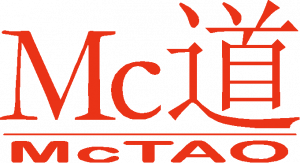 McTAO (Mathematics for Control, Transport and their ApplicatiOns) is an Inria Team, common with Université Côte d’Azur & CNRS (Laboratoire J. A. Dieudonné) and in an agreement with Université de Bourgogne Franche-Comté & CNRS (Institut de Mathématiques de Bourgogne). Members are located in Sophia Antipolis, Nice and Dijon.
McTAO (Mathematics for Control, Transport and their ApplicatiOns) is an Inria Team, common with Université Côte d’Azur & CNRS (Laboratoire J. A. Dieudonné) and in an agreement with Université de Bourgogne Franche-Comté & CNRS (Institut de Mathématiques de Bourgogne). Members are located in Sophia Antipolis, Nice and Dijon.
Overall Objectives
Our goal is to develop methods in geometric control theory for nonlinear systems, mostly finite dimensional, and to transfer our expertise through real applications of these methods. The methodological developments range from feedback control and observers to optimal control, extending to fields like sub-Riemannian geometry. Optimal control leads to developments in Hamiltonian dynamics, and also requires sophisticated numerics, to which the team contributes too. Dynamical systems and modeling are also part of the background of the team.
Our primary domain of industrial applications in the past years has been space engineering, in particular using optimal control and stabilization techniques for mission design with low thrust propulsion: orbit transfer or rendez-vous problems in the gravity field of a single body (typically satellites around the earth), interplanetary missions and multi body problems, or control design of solar sails, where propulsion is drastically constrained.
The team also has continued involvement with applications regarding human bio-mechanics (muscle stimulation), and various modeling and control questions in biology (Lotka-Volterra models, bacterial growth, microbiome models, networks of chemical reaction…). The list is not exhaustive; past domains of application include swimming al low Reynolds number (micro-swimmers) and control of quantum systems for Magnetic Resonance Imaging.
You may find here our annual activity reports since 2012.
